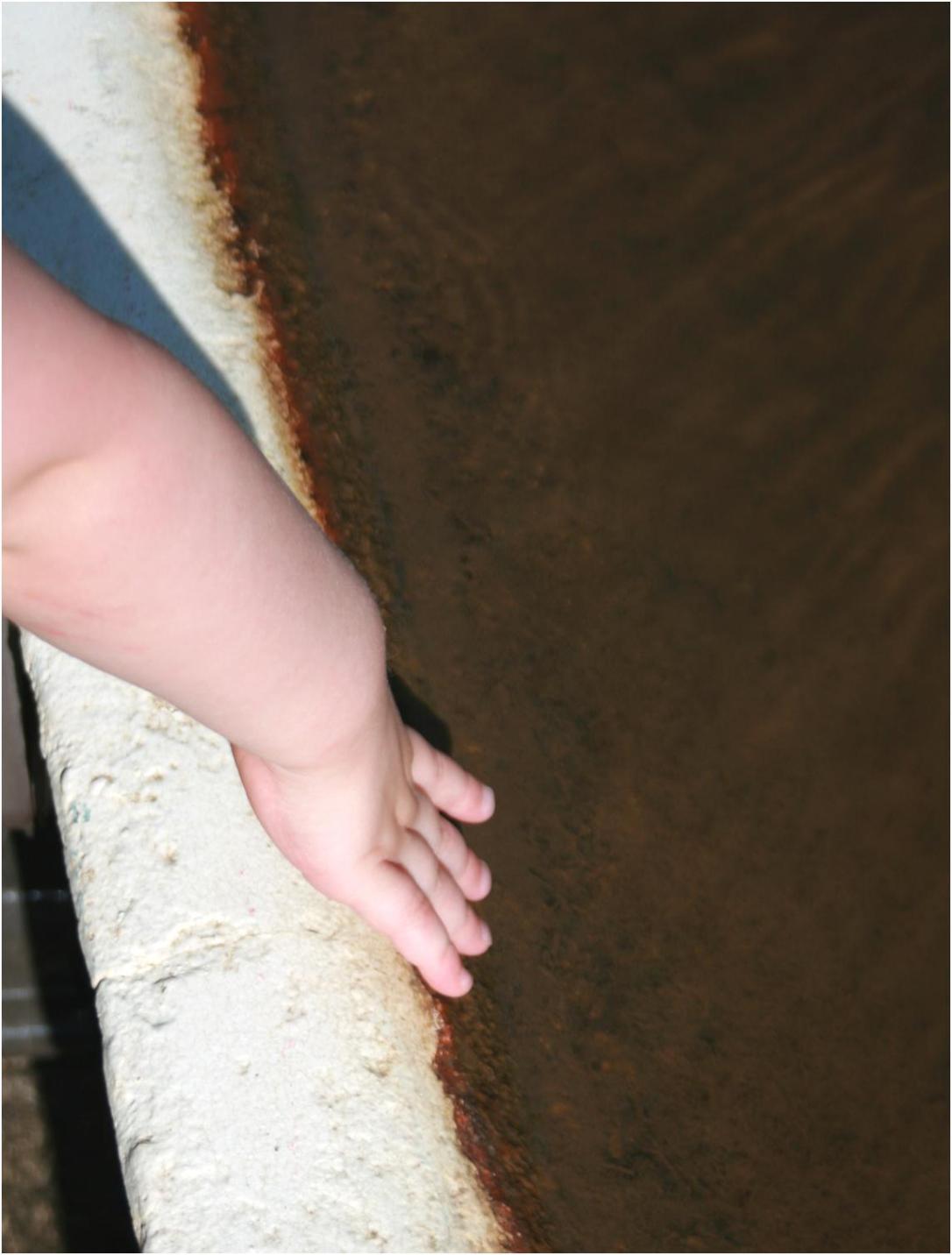© 2006-2012 by R.T. Dickinson. All rights reserved. No part of this post or material related to it may be reproduced or transmitted in any form or by any means, electronic, mechanical, photocopying, recording, or otherwise, without prior written permission of R.T. Dickinson.
I am behind this week in reading blogs and posting two award nominations. Before I share today’s post, I would like to thank Brian Splats for the Versatile Blogger Award and justbenwords for the Kreativ Blogger nomination. I plan for a full post for these very kind award nominations from two strong writers.
I’ve had the following story sitting in my draft folder for a few weeks, and I thought it was about time to share it. This is the second in a series about the Bannister family based on the prescript for Sons of the Edisto. Check out the first in the series: The Family Owned.
The Boy with No Mother
By R.T. Dickinson
Part II in the Bannister Histories
November 1870
Oliver Bannister hated black. Every time he had looked in his bedroom mirror, he thought he looked like a skinny crow. The black shirt and its jacket grabbed his chest instead of covering it. Sweat snuck through the little lines of his forehead, only seen when he turned his head and peered at his mother’s coffin. The basic brown box was the ship to take her to eternal peace, or so the pastor said.
What did he or any of the people at the funeral line know of eternal peace, Oliver thought. Red dirt would soon cover the coffin. Roots, worms and the little creatures of the under-earth would make claim to it. His mother had allowed him to sleep at night with some light. Joey Langston, the restaurant owner and his new caretaker, would command the diggers to put her in the dark. Oliver did not want her buried in the dark.
It was not Mr. Langston’s right. It was not even God’s right to take her.
The fall of 1864 rattled in Oliver’s mind as if the same wind from that year blew leaves in every direction, but they never touched the ground. His father marched with an army. From the Confederates’ point of view, he had not looked like much of a man with a toothpick for a body and hay for hair. But by then, any man would have worked for the army. His father showed Oliver a small smile meant for a child when he first woke up in the morning; the morning he set out for battle. The father never returned.
But who was Oliver to argue with God or any person about his parents’ absence from life, he wondered. He wanted to run from the line of people; customers of Joey Langston, who said Oliver’s mother, made the best catfish and pan-fried chicken.
“It took me an hour to stop licking my fingers,” said one man at the funeral.
He laughed and patted his belly. What kind of hell is this, Oliver questioned, where people only remembered the way Momma cooked? He squeezed his little fists that could hardly smash a bug.

After the visitation and funeral, Joey Langston guided the boy up the stairs of his restaurant. He saw a queen-size bed with a blue quilt. A table with chairs; a basic kitchen with a wood stove against the other wall; and a small second room composed his new home. A little candle sat next to the bed. Oliver wondered if Mr. Langston would spare another candlestick. This one sat so low in its holder.
“What do you think, son?” Joey said patting him on the back. “You are not even fifteen, and you already have your own place.”
“I don’t have any money to give you for it.”
Oliver remembered his mother telling him everything cost something in life.
“No money needed, boy. The place is yours for as long as you’d like it. Look, over there.”
Langston’s long, slender finger pointed at the basic kitchen.
“You know how to hunt. You can gut and clean your fish over there. Why, you have a job and home. Most boys don’t know the first thing about how to survive, but your parents taught you.”
“Yes, sir.”
What did the man know about his parents? The dead father taught him to hunt small animals, and his mother taught him how to fish. She showed him how to gut, prepare and cook them.
“Not much for words, are you?” Langston said. “I guess that is normal after what you’ve been through … I’ll leave you to your thoughts.”
Langston went to the door. Oliver sat on his bed and hung his head looking at the little candle.
“Oh, I forgot,” said Langston as he turned around.
He came to the bed and handed Oliver a long, bronze box with three candlesticks and a small container of matches.
“Just don’t fall asleep with the candle still going.”
Langston left the boy to his thoughts; thoughts of the dead. Oliver wondered how he would rise from them.



Very good Rebecca. You write (on this anyway) with a concise descriptive style, which personally is a style I like. Good job – I look forward to the next part.
Thank you very much! I wasn’t sure at first how to share some piece of my book. I wrote seven histories or back stories for my book. I will have more. Thank you very much for your comment, kind words and the nomination!
You’re welcome. – I have a short story that I’m working on that I may post, but not sure about whether to yet. It will probably be around 15 pages in length compared to a regular book, therefore a long blog post, but I could do a separate page for it if I post it.
I am posting this in parts. I think it is a great way to share a short story or piece of fiction. I wrote six long back stories for the main characters in my book. Within those back stories are other characters, so it takes a lot of separation. I’m sure whatever you come up with it will be wonderful!
Brilliant, really enjoyed it hon :o)
xx
Thank you so much! I appreciate it, and congrats on your publication. I just read your latest post this morning in my e-mail. Congrats! 🙂
thanks hon 🙂
Now, if only I could get a short story published lol
xx
It takes a lot of patience and persistence. I do not like to sound like a broken record. You’re a great writer though. I keep learning about how research markets and what to look for, because I cannot afford to go out and buy every literary magazine. I would love to support them more, but I think it comes down to setting aside time to research. I know you’ll get there though.:)